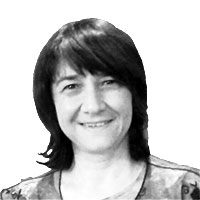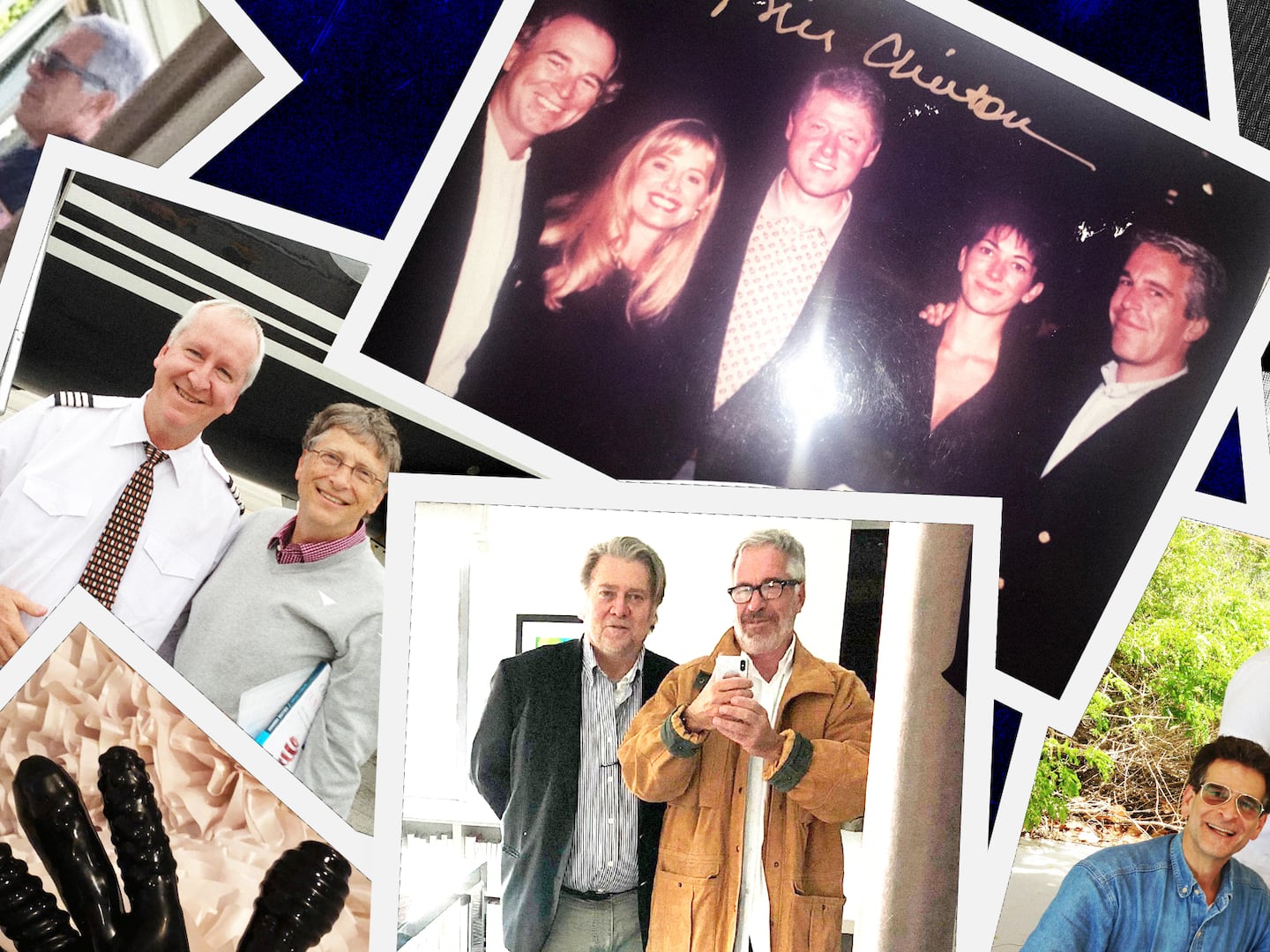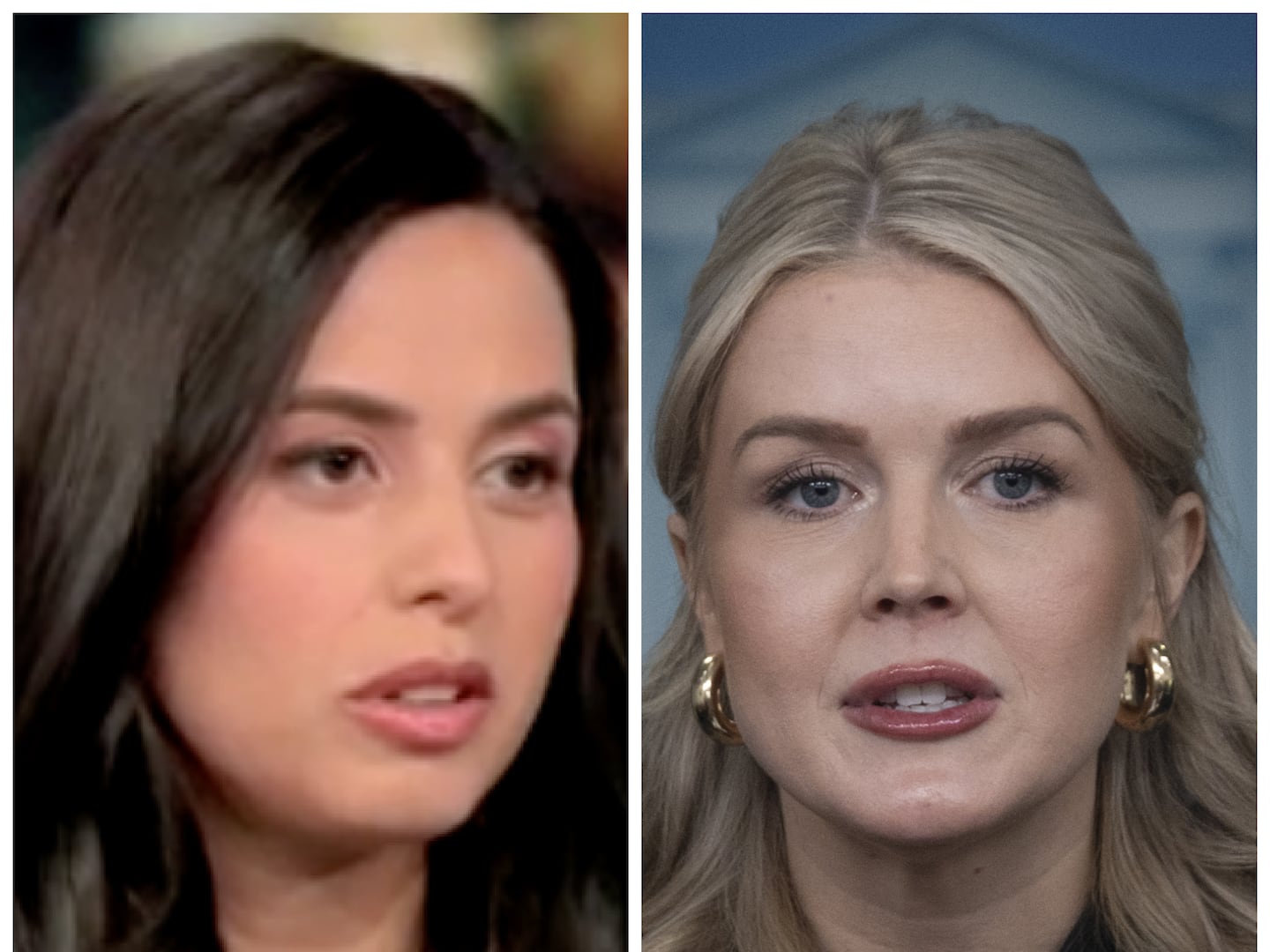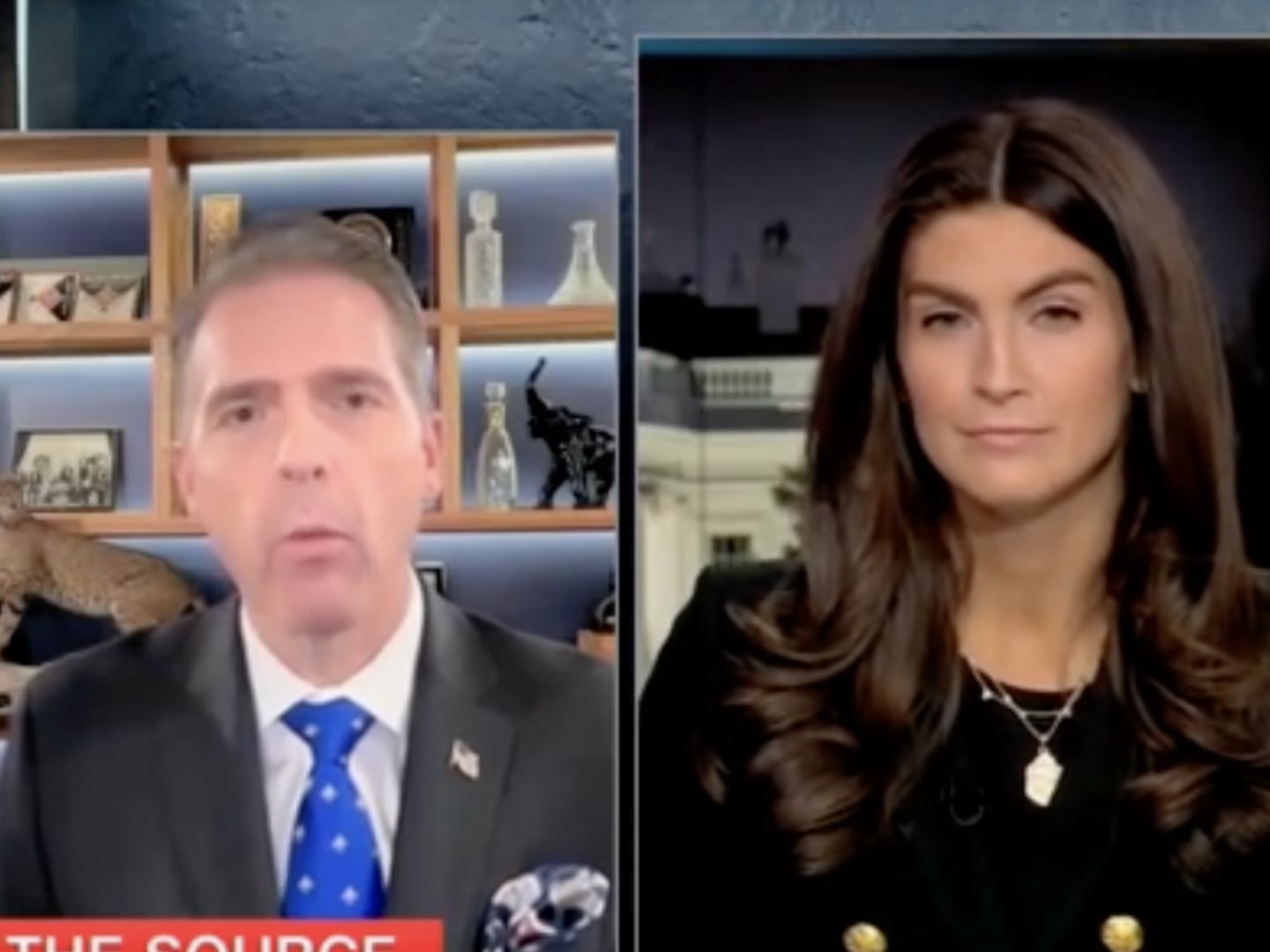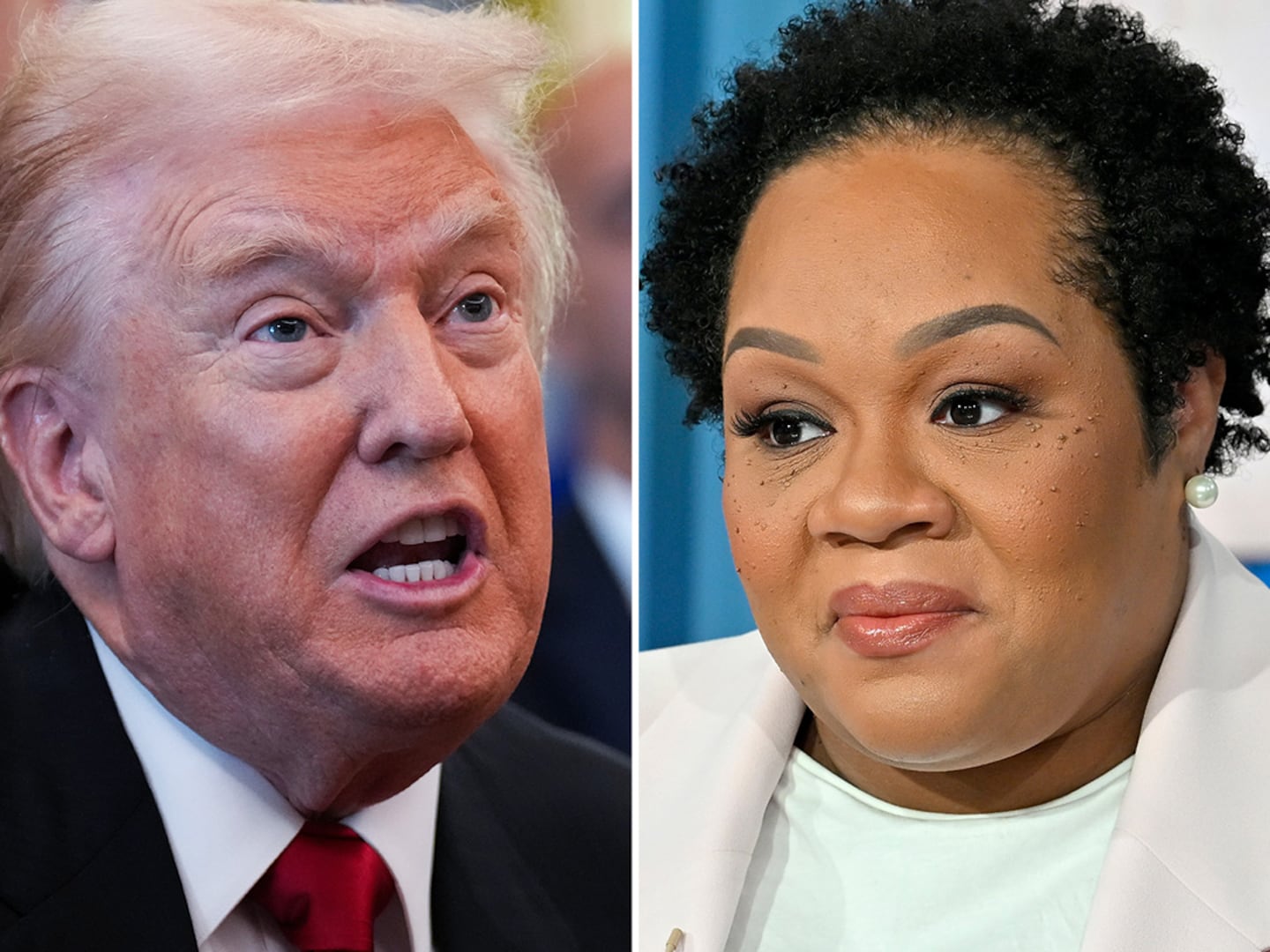At Monday’s United Nations conference on climate change in Paris, Russian President Vladimir Putin took the podium to cast Russia in a new role: as leader in the effort to combat global warming. Putin boasted that Russia had “over-fulfilled” its commitments under the Kyoto Protocol, helping “delay global warming almost by a year,” and promised that it would be in the forefront of energy-efficient development in the near future.
One can certainly quibble with the particulars of Putin’s claims. For instance, the reduction in greenhouse-gas emissions which he cited as an accomplishment—and as proof that it’s possible to “ensure development and care about nature” at the same time—happened primarily due the collapse of Russia’s carbon-intensive, Soviet-era heavy industries after 1990. Putin’s number-crunching hides the fact that such emissions have been on the rise since 2003. Indeed, an analysis published earlier this year on Carbon Brief, a prominent UK-based website that focuses on climate science and climate policy, referred to Russia’s emissions-reduction pledge to the UN as “ambiguous,” since its targets referred to reductions from 1990 level and would actually allow emissions of greenhouse gases to rise from their current levels. One might call it smoke and mirrors (pun fully intended).
What’s more intriguing, though, is that Putin’s embrace of anti-global warming rhetoric is itself a reversal of his earlier stance, which only recently led some American right-wing sites to praise the Kremlin strongman as “to the right of Jeb Bush” on climate issues. In a Reuters story published a month ago, Russian political analyst Stanislav Belkovsky, a Putin critic and onetime Kremlin insider, was quoted as saying that Putin believes “there is no global warming, that this is a fraud to restrain the industrial development of several countries including Russia.” The story also noted Putin’s own remarks at the 2003 World Conference on Climate Change, when he raised some eyebrows by commenting that “an increase of two or three degrees wouldn’t be so bad for a northern country like Russia. We could spend less on fur coats, and the grain harvest would go up.”
While some took this as a joke, the view that warming was good for Russian agriculture was actually echoed by Russian experts such as Dmitry Rylko, general director of the Institute for Agricultural Market Studies. The Russian media, too, have tended to take a climate-skeptic approach: a search of the website of Izvestia, the leading Russian daily, yields several 2006-2007 articles asserting that global warming was the result of natural solar cycles rather than industrial emissions and predicting imminent cooling due to atmospheric changes.
On a visit to an Arctic research facility in 2010, Putin acknowledged climate change and its likely harmful effects but reiterated that it was likely due to “the Earth living its own life,” just as the end of the Ice Age that led to the extinction of the wooly mammoth was not humanity’s fault.
Putin’s remarks in Paris on Monday struck a very different note, as he stressed Russia’s role in reducing greenhouse-gas emissions and asserted that “the solution of the climate problem is crucial for the quality of life of all people on the planet.”
What’s behind this dramatic shift in tone? It could be related to plummeting oil prices: in the past, Putin’s climate-change skepticism was rather transparently connected to his belief that the pressure to reduce carbon emissions was an economic assault on oil-producing missions. Today, when it’s increasingly clear that oil prices won’t be climbing back to their 2000s levels anytime soon, being part of the global oil-producing elite isn’t all it’s cracked up to be.
Add to this Russia’s growing political isolation on the world stage. When you’re widely perceived as a strong contender for Country Most Likely to Start World War III, international sympathy can be a little tough to come by. In this context, Putin’s environment-friendly rhetoric looks like a throwback to the days when the Soviet Union led campaigns for noble causes like world peace, trumpeting its position in the vanguard of “all progressive humanity.” Remember those dramatic Soviet posters in which stern soldiers, little girls with flowers, moms and white doves signaled “the struggle for peace”? (Many of them can still be found in online collections.)
There are no “struggle for the environment” posters coming from Moscow as yet. But, interestingly, in the past month Izvestia has run several stories warning about the catastrophic consequences of climate change. Perhaps Putin’s speech in Paris does signal the start of a green propaganda crusade in the Kremlin.
Progressive humanity: meet Vladimir Putin, Climate Czar.
